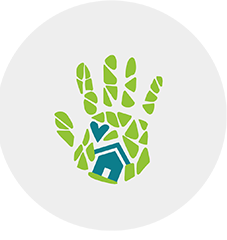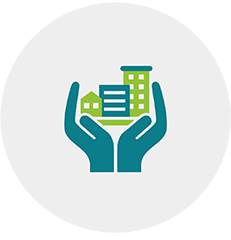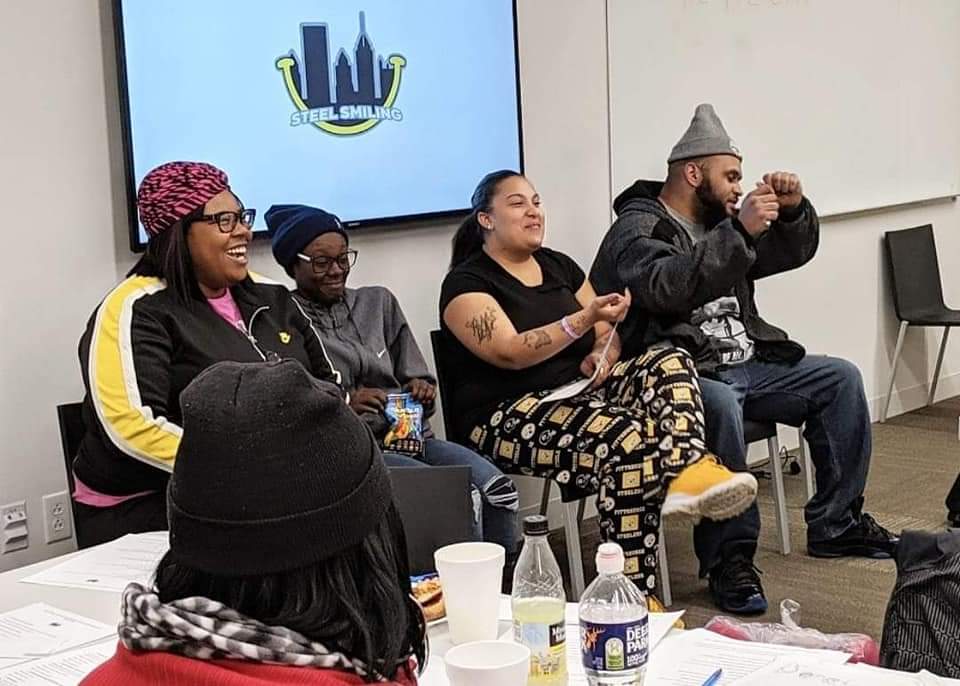Our Programs
Our Programs
Our team is here to help build the capacity of communities and place resources and power in the hands of residents. Neighborhood Allies offers a suite of programs and initiatives that provide a range of services and resources to help revitalize neighborhoods, foster economic opportunity, build capacity, and advance equity across Pittsburgh.
Browse our full list of Programs and Initiatives to learn more about our resource offerings:
We are your ally.
(n): partner, colleague, helper, collaborator
(v): combine, unite, join, connect, unify, band together
Our programs and initiatives connect people to the resources they need to create positive change in their neighborhoods. By deeply collaborating with community organizations on the ground, dedicated residents, and other amazing partners, we empower communities to be an active part of their own development, ensuring that the process is equitable and inclusive for all. Ultimately, we aim to support and encourage our partners’ best work by bringing hope, fresh ideas, expertise, and resources to the table.
Healthy Neighborhoods Framework
Our Healthy Neighborhoods Framework exists as our roadmap to guide us in making and supporting neighborhood-based investments that seed ideas, help transform vulnerable neighborhoods and identify scalable ways to create positive social impact.
Striving to ensure that all of our residents live in healthy, opportunity-rich, safe neighborhoods of choice, we use an adapted version of the Healthy Neighborhood Approach (developed by national neighborhood strategist David Boehlke), as the framework for all of our work on the ground in neighborhoods. The elements listed below encompass neighborhood-level strategies that target ways to create the change we want to see in our neighborhoods. This framework guides the implementation of our work and helps us prioritize neighborhood change efforts through the deployment of our portfolio of resources, focusing on both people and place.

Elements of a Healthy Neighborhood

Market Confidence
A healthy neighborhood has market confidence.
Neighborhoods with market confidence have a strong housing market for all income levels and a thriving business district that contributes to rising housing values and residential sales prices. The community manages market forces to prevent displacement of people and local businesses and the neighborhood is a place where people want to live and invest time, resources and capital.

Quality of Life
A healthy neighborhood offers a good quality of life for all residents.
Neighborhoods that have a high quality of life are places where residents are able to access the larger economy and quality neighborhood amenities. They are able to build assets, accumulate wealth, and connect to economic opportunities. Their neighborhood is safe and the environment and social determinants of health positively impact the well-being of families and neighbors.
$50,000 Grant From the Henry L. Hillman Foundation Will Help Bridge the Digital Equity Gap in Pittsburgh
Money Talks, a Financial Game Changer for Local Black Women is back in 2023 and ready to serve more women than ever!
Money Talks Program Is a Financial Game Changer for Local Black Women

Celebrated Neighborhood Image
A healthy neighborhood has an image that is celebrated.
Neighborhoods with a celebrated image are places that are visually appealing and desirable to all, celebrating neighborhood pride and attracting new people and investment while retaining new and long-term residents.

Community Ownership
A healthy neighborhood has strong community ownership.
Neighborhoods with community ownership have residents, small business owners, community organizations and institutions serving as active participants and key decision-makers in neighborhood revitalization projects. Local residents and leaders have the capacity and community power to create positive change and shape the future of their neighborhood.
Media Coverage | Officials break ground on project they hope will help revitalize Hill District
Media Coverage | City Joins Big Tom’s Groundbreaking, Bringing $1.94 Million of Investments for Barbershop, Affordable Housing and Community Revitalization Project on Hill District’s Centre Avenue Business Corridor
We’re seeking residents to serve on our Investment Advisory Committee!

Equitable Development
A healthy neighborhood puts equitable development at the forefront.
A neighborhood that prioritizes equity is one where everyone participates in and benefits from the region’s economic transformation—especially low-income residents, communities of color, immigrants, and others at risk of being left behind. Equitable development requires an intentional focus on eliminating racial inequities and barriers and making investments that yield healthy, safe and opportunity-rich neighborhoods that reflect their culture.
Artist Sasha Igwe creates artworks for Community Learning Centers in Homewood
Neighborhood Allies is a Founding Member of Creative Reaction Lab’s Institute of Equitable Design and Justice
The Financialization of Single-Family Housing in Pittsburgh

Programming
Our programs and initiatives connect people to the resources they need to create positive change in their neighborhoods.
